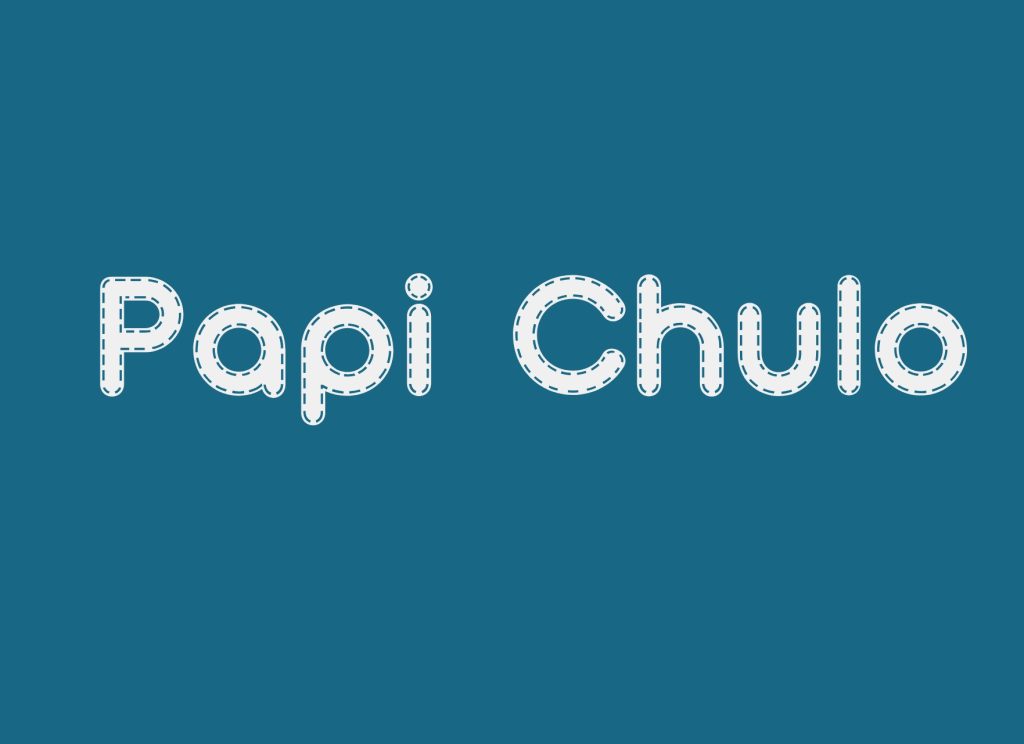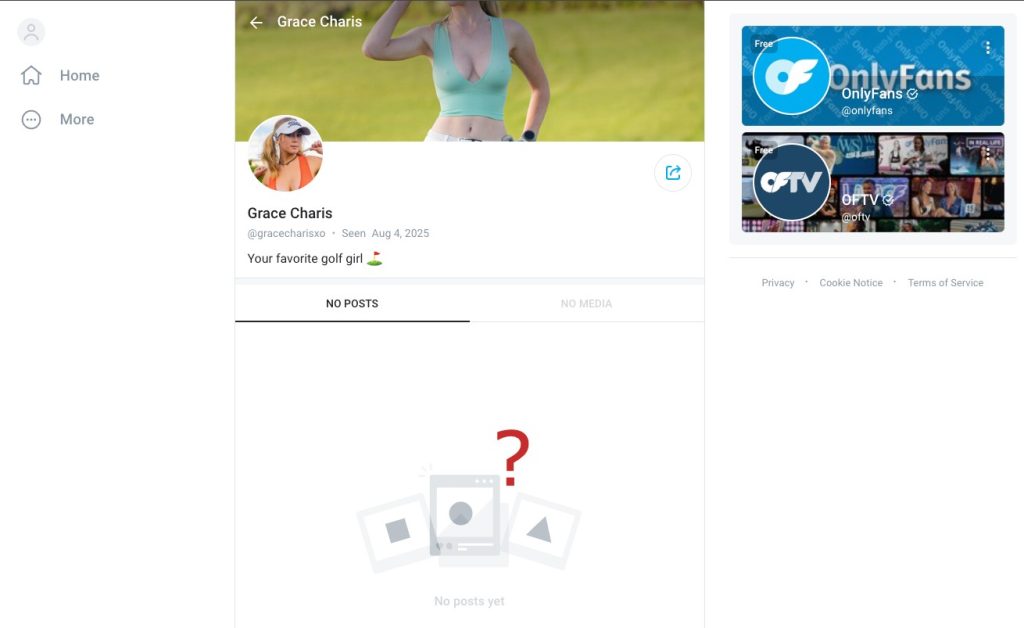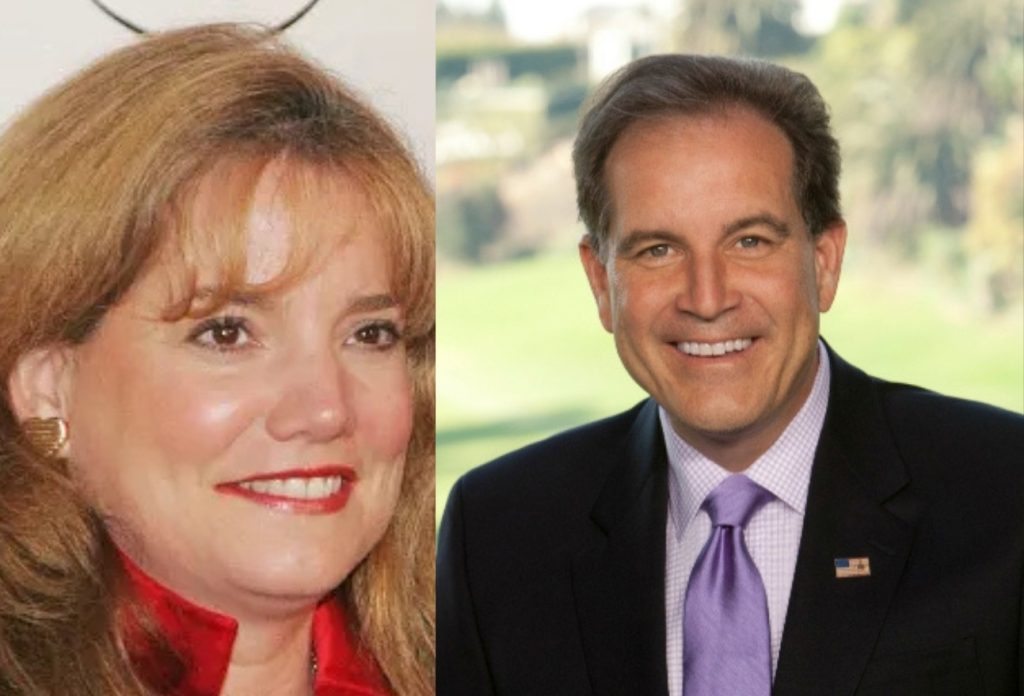The phrase “Papi Chulo” is a Spanish slang term that translates to “handsome daddy” or “attractive man” in English.
Its literal components are “papi,” a term of endearment for “daddy” or “dad,” and “chulo,” which can mean “cool,” “stylish,” or “attractive.”
Let me break down “Papi Chulo” to know it better.
“Papi” Meaning
The word “papi” is a diminutive form of “papá,” which means “dad” in Spanish. However, it’s not just used to refer to one’s father. In many Spanish-speaking cultures, “papi” is often used as a term of endearment for men. It’s similar to calling someone “baby” or “honey” in English. For example:
- A girlfriend might call her boyfriend “papi” as a sweet nickname.
- Friends might jokingly use it to refer to someone who exudes confidence.
“Chulo” Meaning
The word “chulo” has different meanings depending on the region and context. In Spain, it can mean “pimp,” which carries a negative connotation. However, in Latin America and other Spanish-speaking areas, “chulo” is often used positively. It can mean:
- Stylish
- Attractive
- Cool
- Cocky (in a charming way)
When combined, these words create the phrase “Papi Chulo,” which roughly means to “handsome daddy” or “attractive man.”
The Origins of Papi Chulo
While the term originally carried a negative connotation in Spain, referring to a “pimp,” its meaning has evolved in Latin America and other Spanish-speaking regions to describe someone charming, confident, or physically appealing.
The phrase blends affection with admiration, which makes it a common way to compliment someone’s appearance or charm. Over time, it became popular in other parts of the world due to its use in music and pop culture.
The term gained international recognition through reggaeton and Latin pop music.
Songs like “Papi Chulo… Te Traigo el Mmmm” by Lorna played a significant role in spreading the phrase beyond Spanish-speaking communities.
Social media platforms also helped make it trendy among younger generations.
How Is Papi Chulo Used?
“Papi Chulo” is used in a variety of ways, primarily in informal and playful settings. Its usage often reflects admiration, flirtation, or affection toward someone considered attractive or charismatic.
The term is most commonly used in Spanish-speaking communities, particularly in Latin America and the Caribbean. However, its popularity has spread globally due to music and social media.
In the U.S., especially in areas with strong Latino cultural influences, “Papi Chulo” has become part of everyday slang among younger generations.
Here are some commonly used scenarios:
1. Flirting and Compliments
“Papi Chulo” is frequently used as a flirty term to compliment a man’s appearance or confidence. For example, a woman might say, “Wow, you look amazing tonight, Papi Chulo!” to express admiration for a man’s style or charm.
It can also be used playfully among friends to tease someone who is dressed up or acting confident. For instance, “Check you out with your new haircut, Papi Chulo!”.
2. In Music and Pop Culture
The phrase is also widely featured in reggaeton and Latin pop songs, where it serves as a catchy way to describe an appealing or suave man. Lyrics often use “Papi Chulo” to highlight male attractiveness and charm, which makes it a staple in Latin music genres.
3. Everyday Conversations
In casual conversations, “Papi Chulo” is used as a lighthearted nickname or term of endearment. For example:
A girlfriend might call her boyfriend “Papi Chulo” to express affection.
Friends might jokingly refer to someone as “Papi Chulo” if they are showing off their style or confidence.
It’s often heard in informal settings like parties, social gatherings, or online chats.
4. Playful and Fun Contexts
The phrase is also suited for informal situations where humor and playfulness are welcomed. For example:
- Complimenting someone’s outfit: “Hey, Papi Chulo, love that jacket!”
- Teasing a friend: “Look at him walking in like a total Papi Chulo!”.
5. When Not to Use It
While “Papi Chulo” is fun and lighthearted, it’s not appropriate for formal settings or with people you don’t know well. Using it in professional environments or serious conversations might come across as disrespectful.
Always ensure that the person you’re addressing will appreciate the playful tone before using the term.
Alternative Terms
Here are some slang terms similar to “Papi Chulo,” their meanings, and contexts of use:
1. Papasito
A term used to describe an attractive or handsome man, often in a flirtatious way.
Commonly used in Mexico and other Latin American countries, it’s similar to “Papi Chulo” and conveys admiration or affection.
2. Papucho
Another variation of “Papi Chulo,” often indicates “handsome daddy” or “attractive man.”
It can be used interchangeably with “Papi Chulo” in Mexico, especially in flirty conversations.
3. Mami Chula
The feminine counterpart of “Papi Chulo,” translating to “hot momma” or “sexy lady.”
It describes an attractive woman in a playful or affectionate manner.
4. Papirrín
A cute or playful version of “Papi,” often used to refer to a stylish or preppy man.
Popular in Mexico, it’s used among friends or as a lighthearted term for a charming man.
5. Mi Rey / Mi Reina
The same meaning as “my king” (mi rey) or “my queen” (mi reina).
An affectionate term for loved ones, highlighting admiration and love.
6. Bombón
Literally means “sweetie” or “candy,” often used to describe someone attractive.
A playful term of endearment for both men and women in Spanish-speaking cultures.
7. Guapo / Guapa
Means “handsome” (guapo) or “beautiful” (guapa).
A straightforward compliment for someone’s good looks, commonly used in everyday conversations.
8. Chulo / Chula
Means “cool,” “stylish,” or “pretty.”
Used as a nickname or compliment, similar to how “chulo” is part of the phrase “Papi Chulo”.
9. Mi Alma
It’s like saying “my soul.”
A poetic and romantic term of endearment often reserved for close relationships.





